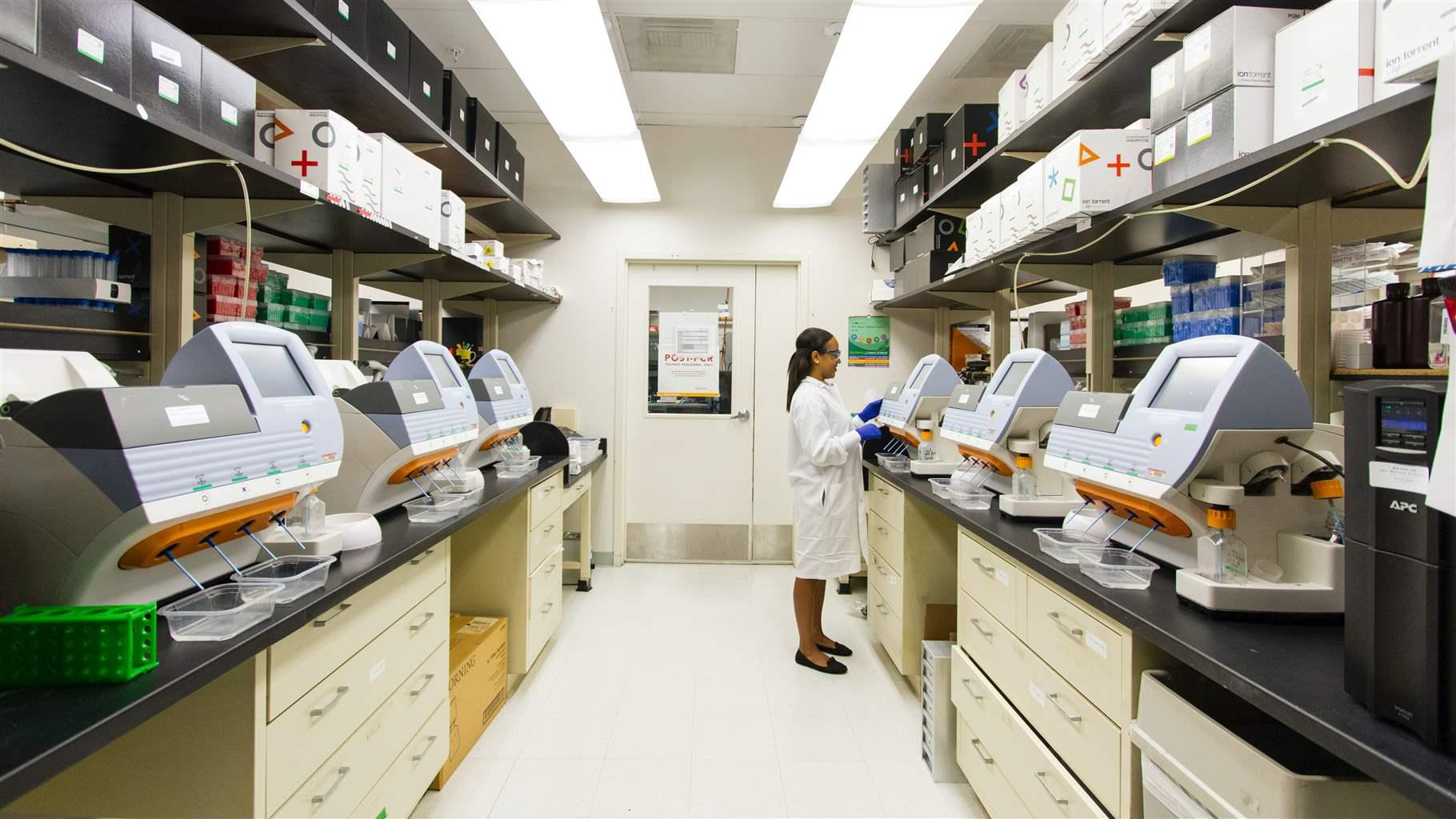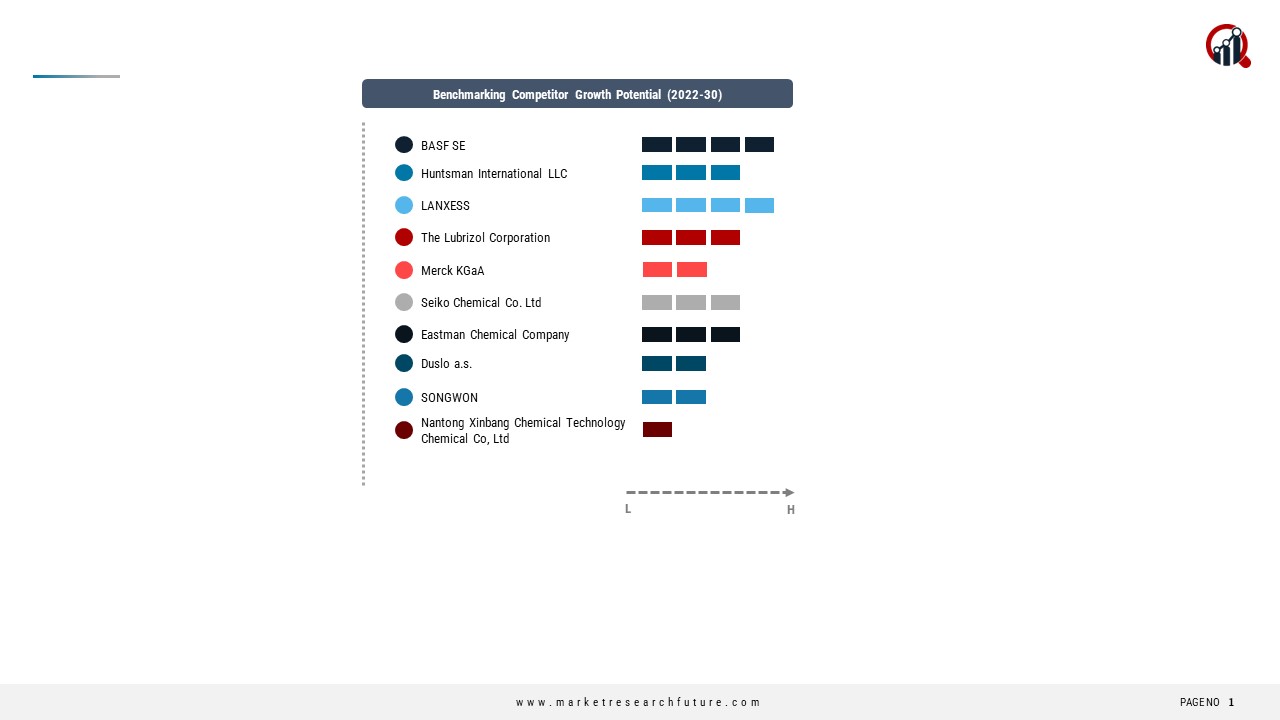MSD multiplex ELISA assays are ideal for studying drug candidates in complex biological samples. MSD assay services are increasingly becoming the primary choice of method for bioanalytical labs for studying multiple analytes simultaneously. MSD analysis employs electrochemiluminescence detection and multi-array technology to quantify multiple analytes and deliver high-quality experimental data in minimal sample volumes.
MSD cytokine assays are reliable tools for quantifying cytokines and other cell signaling proteins. These proteins have several applications, such as serving pharmacodynamic biomarkers to assess drug effects in animal and cell models. Besides, MSD biomarker assays can help monitor specific biomolecules associated with drug responses in cellular and animal drug testing. Moreover, cutting-edge readout technology and unprecedented sensitivity make MSD cytokine assays the go-to technique for evaluating biomarkers in drug development and biomedical studies. So, let us dive deep and understand the use of MSD biomarker assays as a powerful tool for evaluating multiple biomarkers.
MSD Biomarker Analysis
Biomarkers are critical for determining toxicity or safety indicators, mechanism of action studies, and as a diagnostic tool. Today, precision medicine often requires biomolecules to determine the ideal medication for a specific study population. Traditional ELISA assays have been crucial in evaluating early drug development studies. However, the advent of multiplex technologies, such as MSD analysis, has helped researchers evaluate numerous biomarkers in a single study reaction.
MSD assay services have a comprehensive product line of biomarker assay services to select and validate custom biomarker tests. Besides, with over 20 + years of experience in delivering high-quality immunoassays, MSD analysis can accelerate your biomarker programs from the early discovery stage to fully validated assays. Researchers screen a broad range of biomarkers and then translate them into focused panels tailored for individual sample testing needs. Besides, MSD assays have over 200 analytes in a preselected combination. MSD biomarker assays have applications in numerous research fields, including immunology, cell signaling pathways, and oncology biomarker studies.
Advantages of MSD Biomarker Analysis
-
MSD assays have high-binding carbon electrodes with 10 x greater binding capacities than traditional ELISA assay plates
-
Multiplexing abilities allow cost-efficient and rapid analysis of an extensive array of biomarkers
-
MSD analysis requires as little as five microliters of sample volumes to enable the testing of analytes in plasma samples
-
A broader dynamic range helps researchers analyze biomarkers in diseased and normal study samples without multiple dilutions
-
Moreover, the Meso Scale Discovery platform has ready-to-use kits that are prevalidated and include predefined calibrators for higher reproducibility
Moreover, researchers can employ MSD analysis to study a wide range of analytes such as cytokines and chemokines, metabolic pathways, toxicology biomarkers, oncology biomarkers, and intracellular signaling molecules such as phosphoproteins, ubiquitinated proteins, and GPCR-ligand binding proteins. Besides, scientists can connect with MSD technicians to understand the best-suited experimental setup for assessing different sample types, including plasma, cell culture supernatant, cell lysates, tissue homogenates, and other body fluids.
Conclusion
Biomarkers are increasingly becoming crucial deciding factors for the success of drug development and biomedical studies. Hence, robust bioanalytical tools such as MSD biomarkers are vital for accelerating drug discovery and development studies.





